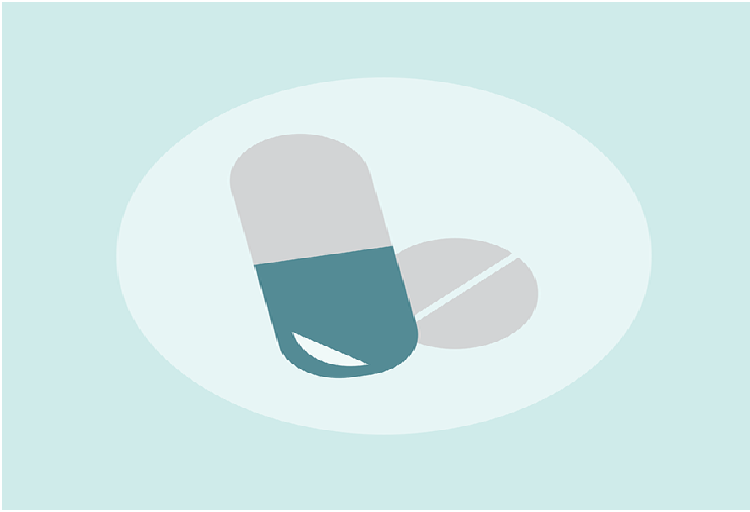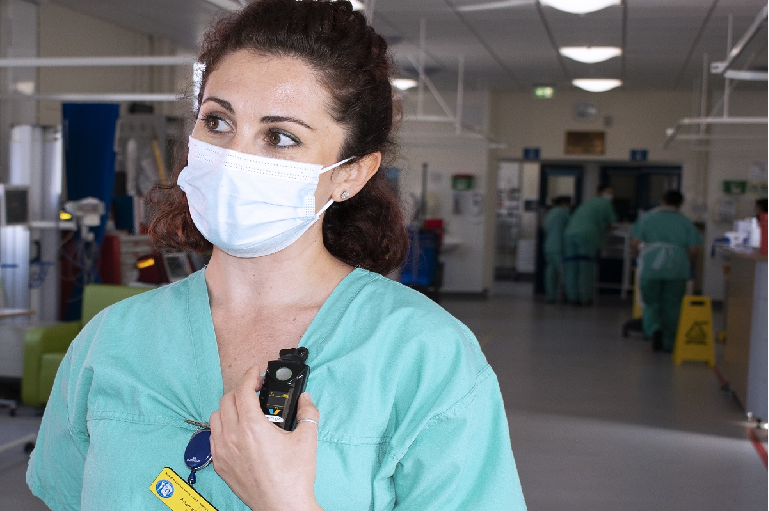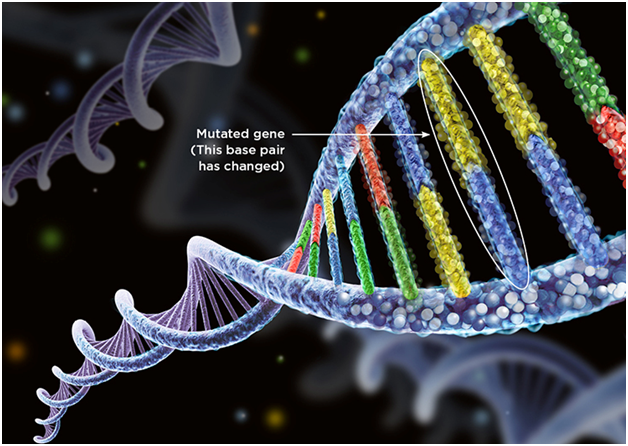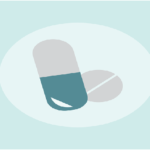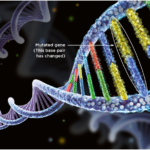“Yes, there are problems in any technology implementation and there always will be. But fewer people die. Yes, it is important to connect with the patient. But fewer people die. Yes, the opportunity to pad billing is obscene. But fewer people die.”

Dr. David Blumenthal, who now is head of the Commonwealth Fund, has been a friend since we both were teenagers. It was a sign of his medical / tech / policy skills that the newly arrived Obama administration put him in charge of encouraging a shift toward use of electronic medical records. It is evidence of his admirably good-humored big-tent personality that David still takes my calls after the many rounds of back-and-forth we’ve posted here in response to his original Q&A in our April issue, about why the shift has been so difficult and taken so long.
For those joining us late, you can check out installments one, two, three, four, and five. Herewith number six, on the particular question of how the non-expert public — those of us who experience the medical system mainly as patients and bill-payers — should assess the opinions of physicians, nurses, and other inside participants. Should we give them more weight, because of their first-hand expertise? Less weight, because of possible institutional bias or blind-spots? Both at once? See for yourself.
First, the concerns of two physicians. One on the West Coast writes:
I am a family practice physician in western Washington state. I have been practicing for 25 years. Ten years ago I was excited about about the potential of electronic technology to improve patient care. Today I am profoundly disappointed.
I am currently working in three different EHRs (electronic health records). Two are OK, i.e. allow me to efficiently document a patient visit with clinically relevant data. The other one is cumbersome beyond belief. It is a company with outstanding marketing capability that won over our administrators. It falls far short of meeting the needs of those of us trying to improve patient care. Intrinsically it fails to produce a note useful for other doctors. To achieve that end, I use time-consuming work arounds. Sad I think.
I believe that primary care is valuable to patients but also has potential to limit costs…..
I have included a reference to one of my favorite articles from the New England Journal of Medicine, including the first paragraph of the article:
“It is a widely accepted myth that medicine requires complex, highly specialized information-technology (IT) systems. This myth continues to justify soaring IT costs, burdensome physician workloads, and stagnation in innovation — while doctors become increasingly bound to documentation and communication products that are functionally decades behind those they use in their ‘civilian’ life.
And from a doctor in Kentucky:
As a 50 y/o it infuriates me when I read that only physicians less than 40 are comfortable with EMR’s because they grew up with them. Well that’s crap. My first computer was a Commodore 64 which I learned to program. I am very familiar with computers and have 4 networked together in my home.
That being said I would agree with Dr. Wait [from this post] in that EMR’s are not ready for primetime. If EMR’s were so great, no one would have to bribe and penalize us to use less. They generate a tidal wave of information. The important data gets lost in the overwhelming volume of mostly useless information. I used to dictate my notes and they would then scanned into the computer. The note was legible and concise. I could find it anywhere. Then the EMR came. It takes 20 minutes to do what used to take 30 seconds. I get a note that is less than useful. It is full of errors that I can’t correct. Information that others have entered that is clearly wrong that I can’t remove. I no longer try. The only important part now of my notes are the HPI and the plan. The rest is just garbage.
To give you an example my EMR won’t let me enter a subtotal hysterectomy in the past surgical history. Even when I supply the correct CPT code the EMR calls this a Total hysterectomy, which is not correct and can lead to errors in determining who needs a pap smear.
So EMR remain not ready for primetime. I’m not sure why I can’t continue to dictate and allow the transcriptionist to fill in the EMR. It would work so much better.
Now for a different view, from an informed non-expert. This reader, a physics professor at a university in the South, uses the distinctive phrase of the day to suggest that we apply a discount to complaints from today’s practitioners:
I’ve been reading the back and forth over electronic medical records. It seems the opposition comes, by and large, from doctors. Because why?
Because problems. There’s lots of smoke and mirrors about interconnectivity, about interacting with the computer instead of the patient, about sleazy increased billing but all of that is in service of a single point of view: let’s never change until we can change to something perfect. In other words, the underlying point is “don’t make me change the way I’m used to doing things.”
This all misses the main point. To me, what is overriding importance is the undeniable fact that ANY system that does NOT rely on the memory of the patient for long term medical history storage is NECESSARILY a better system no matter how badly it sucks. The VA has proved this over the last couple of decades as measured by the fact that fewer people die. Better information management beats clever doctoring every time.
Yes, there are problems in any technology implementation and there always will be. But fewer people die. Yes, it is important to connect with the patient. But fewer people die. Yes, the opportunity to pad billing is obscene. But fewer people die. Any large scale IT rollout has problems. The question is do the benefits outweigh the time invested in ironing out those problems. Most of us would say yes because fewer people die. I wonder why physicians are so reluctant to say that? Didn’t they swear an oath or something?
I also wonder how many of these physicians, when directing their gimlet eye to another field such as public education, are equally skeptical of, say, massive online courses or teachers attending to the computer instead of their students, or teaching to the test? I somehow doubt it.
I think when you are the person dealing with a system day after day, it is easy to let your detailed knowledge of its problems overwhelm the vaguer notion of its benefits. You don’t have a direct experience of a patient who didn’t die, but you do have a direct experience of a technical snafu.
Thanks to experts and non-experts for writing in, and to David Blumenthal for opening this view into a world that affects us all. Source
























